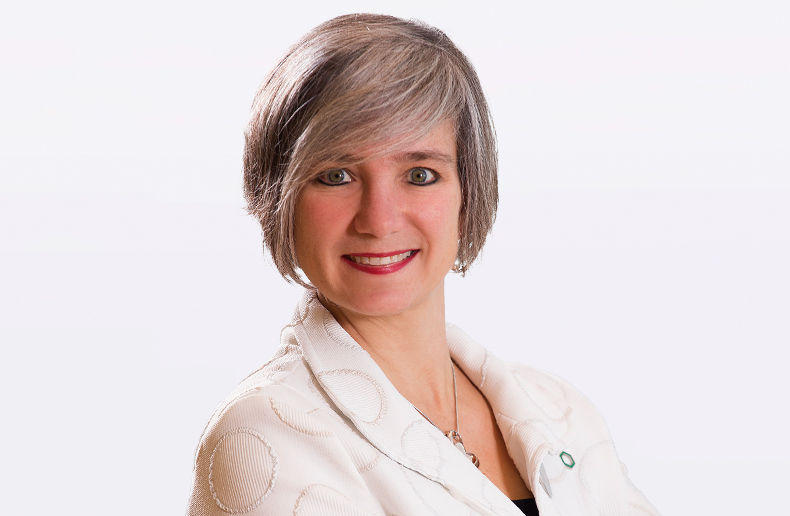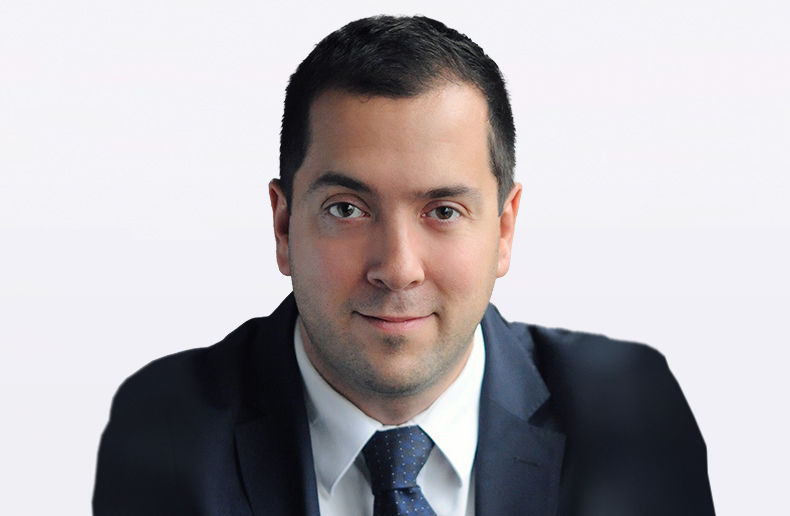Green Shield seeking to become the main care provider in Canada
By
Alain Thériault
|
March 21, 2022, 10:57 a.m.
Flash |
AUTORITÉ DES MARCHÉS FINANCIERS (AMF) |
CANADA LIFE |
DESJARDINS |
EMPIRE LIFE |
GREENSHIELD |
IA FINANCIAL GROUP |
LA CAPITALE |
MANULIFE |
MEDAVIE BLUE CROSS |
SSQ |
SUN LIFE FINANCIAL |
MAPLE |
QUÉBEC BLUE CROSS |
DIALOGUE |
APRIL |
BENECAID |
TELUS |
BENEVA |
MINDBEACON |
PACIFIC BLUE CROSS |
ALBERTA BLUE CROSS |
HBM+ |
FRASER GROUP |
INKBLOT TECHNOLOGIES |
Strategy |
Technology |
Medication

Photo: Unsplash | National Cancer Institute
GSC is banking on its fully integrated platform and increased presence in Quebec to achieve this goal.
This article is reserved to PRO Level subscribers
Discover the PRO Level
Already subscribed? Sign in >
You are already subscribed
If your access is suspended, please verify and update your credit card in your profile.
×
Advertisement
The most popular in Health
Make your business shine with Visibility360!
Get a PDF version to share in your networks.
I'm interestedHeadlines
Advertisement
Related topics …


































